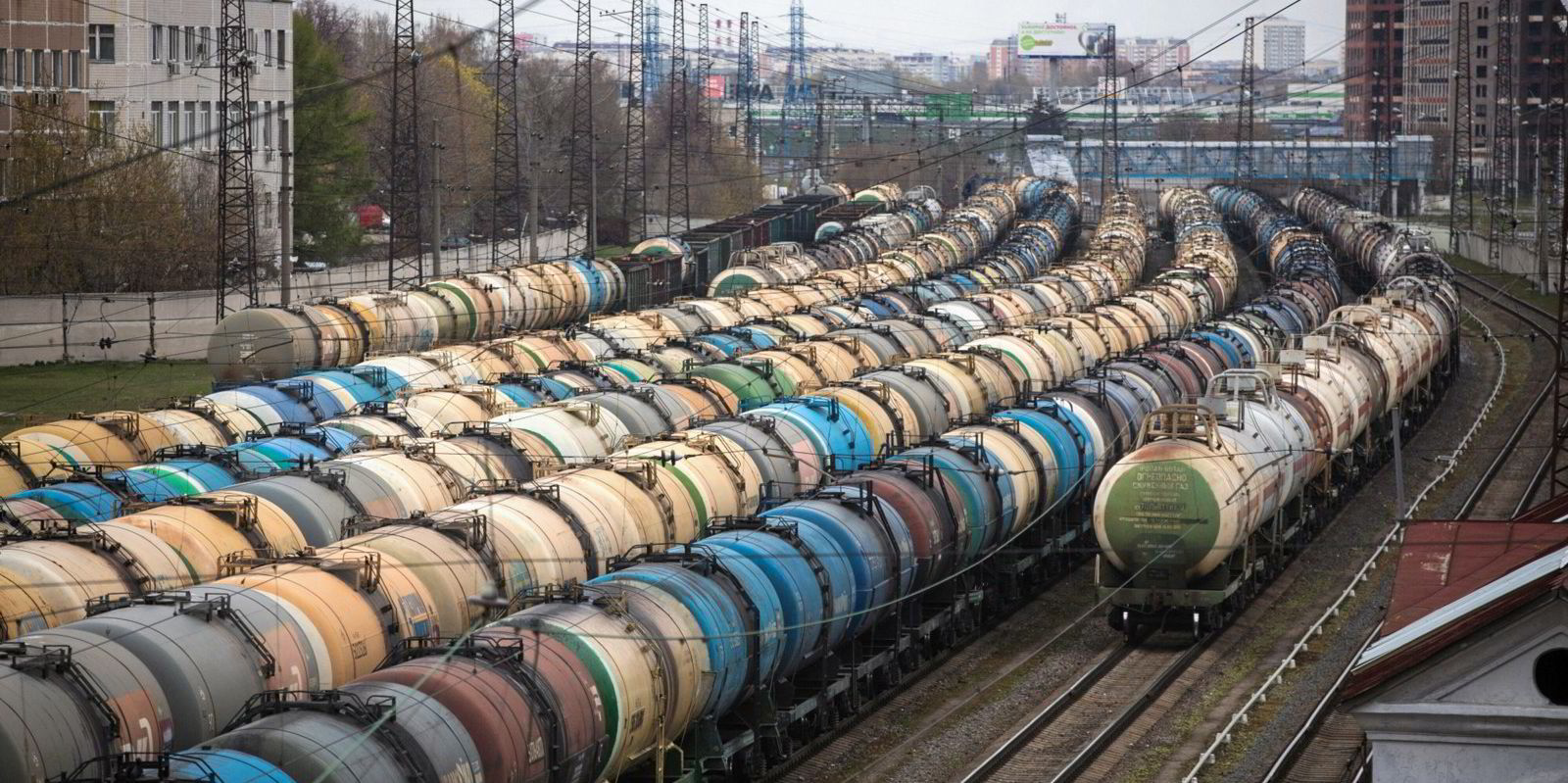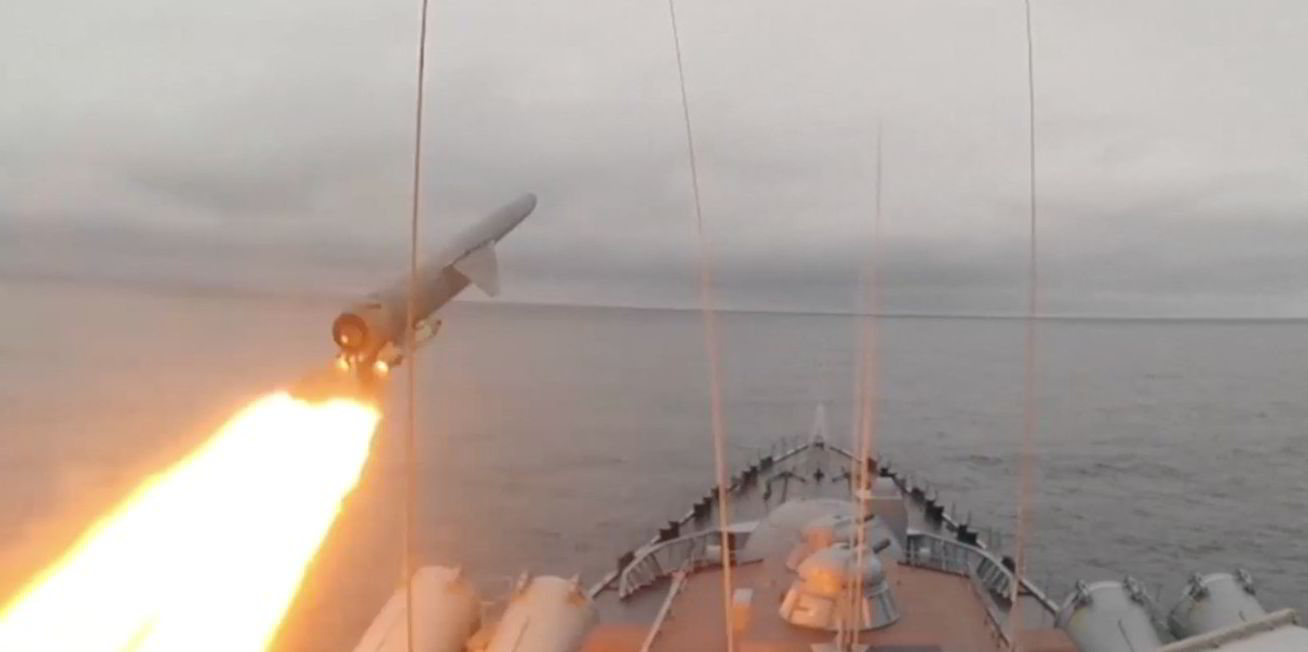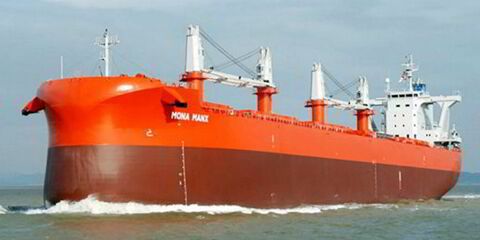News that Russia is again considering a ban on the export of refined petroleum products in a bid to reduce soaring domestic prices has caused understandable jitters in the oil trading and shipping markets.
Hard-pressed product tankers have been enjoying a major surge in freight rates recently, with some analysts predicting there could be more to come as the “high season” of the northern winter approaches and many refinery inventories still recorded as quite low.
A Russian export ban could seriously disrupt this mini-boom, although it would also create a scramble for new sources of supply and that could mean longer steaming times for shipping.
Shortages of fuel inside Russia have caused economic and social tension at a time when Moscow is already feeling under pressure over the withdrawal of Western investment, plus faltering military advances in Ukraine.
The idea of a petroleum export ban was raised earlier this year without action being taken. It is a double-edged sword because the Kremlin also enjoys healthy financial income from the current level of around 225,000 barrels per day of oil products that are shipped abroad.
The renewed consideration of a ban was made clear at a meeting between Alexander Novak, the deputy prime minister, and officials from various ministries plus representatives of industry, as reported by the government’s own news agency TASS.
Another option under consideration is to slap a $250 per tonne export duty on petroleum products in a bid to encourage refiners and suppliers to fully feed the domestic market before making money overseas. Moscow has already unveiled plans to halve subsidies to its domestic refining sector as a way of raising more money for its army in Ukraine.
Both initiatives — however temporary — would hit exports clearly and lead to higher prices and yet another realignment of shipping patterns as importers look elsewhere.
Some Russian refiners have been out of action for maintenance, which has exacerbated the problems inside the country. In normal times, Russia produces twice as much refined product as it needs, so exports should be plentiful.
Russia is already successfully holding back export volumes of crude oil at least until the end of this year in an agreement with Saudi Arabia. This is why the price of Brent blend is currently back up at $95 per barrel and is expected to breach $100 before long.
Europe and the wider G7 countries have already imposed a price cap on Russian-sourced oil and refined products to limit the price Moscow obtains, but this has largely just changed the trading picture.
This year, there has been a major increase in Russian product exports from the Baltic ports to the Middle East but also a major rise in shipments to Turkey, North Africa, Latin America and South East Asia.
Crude oil patterns from Russia have already tilted hugely away from a traditional concentration in Europe to China and India. The Kremlin is now keen to highlight the opportunities for serving the Far East via the Northern Sea Route (NSR) above the coast of Siberia.
Two tankers — without ice-class hulls — have been authorised to make a crossing and are currently on their way to China amid global environmental concerns about the ability of Russia to respond to oil spills up there.
This week, the Russian Navy fired cruise missiles in the Bering Sea at the eastern end of the NSR in what was clearly meant to demonstrate Vladimir Putin’s military control over what it sees as a key new trade route as the Arctic ice melts due to global warming.
Energy is seen as both a massive revenue earner but also a political weapon by the Kremlin, which had no qualms about cutting off vital gas pipeline supplies to Kyiv in the middle of winter in past political scuffles with Ukraine.
Blowing out the candles
It is hard to judge whether Russia is withholding oil from global markets and whether it is considering doing the same with petroleum products for political as much as financial reasons. But it is certainly an opportune time to cause pain for the West.
Shipbrokers fixed product tankers in recent weeks sailing from the Middle East to Japan, for instance, that have been earning 20% more than a month ago.
Fearnley Securities is essentially posting “buy” notes on leading players such as Scorpio Tankers and Torm, which are trading below net asset value, but Putin could yet blow out the celebratory candles.





